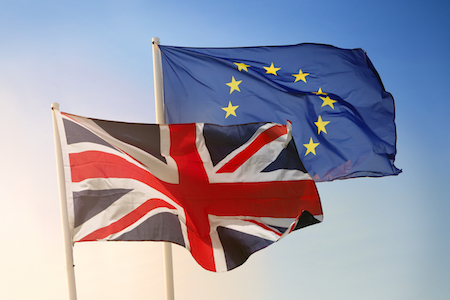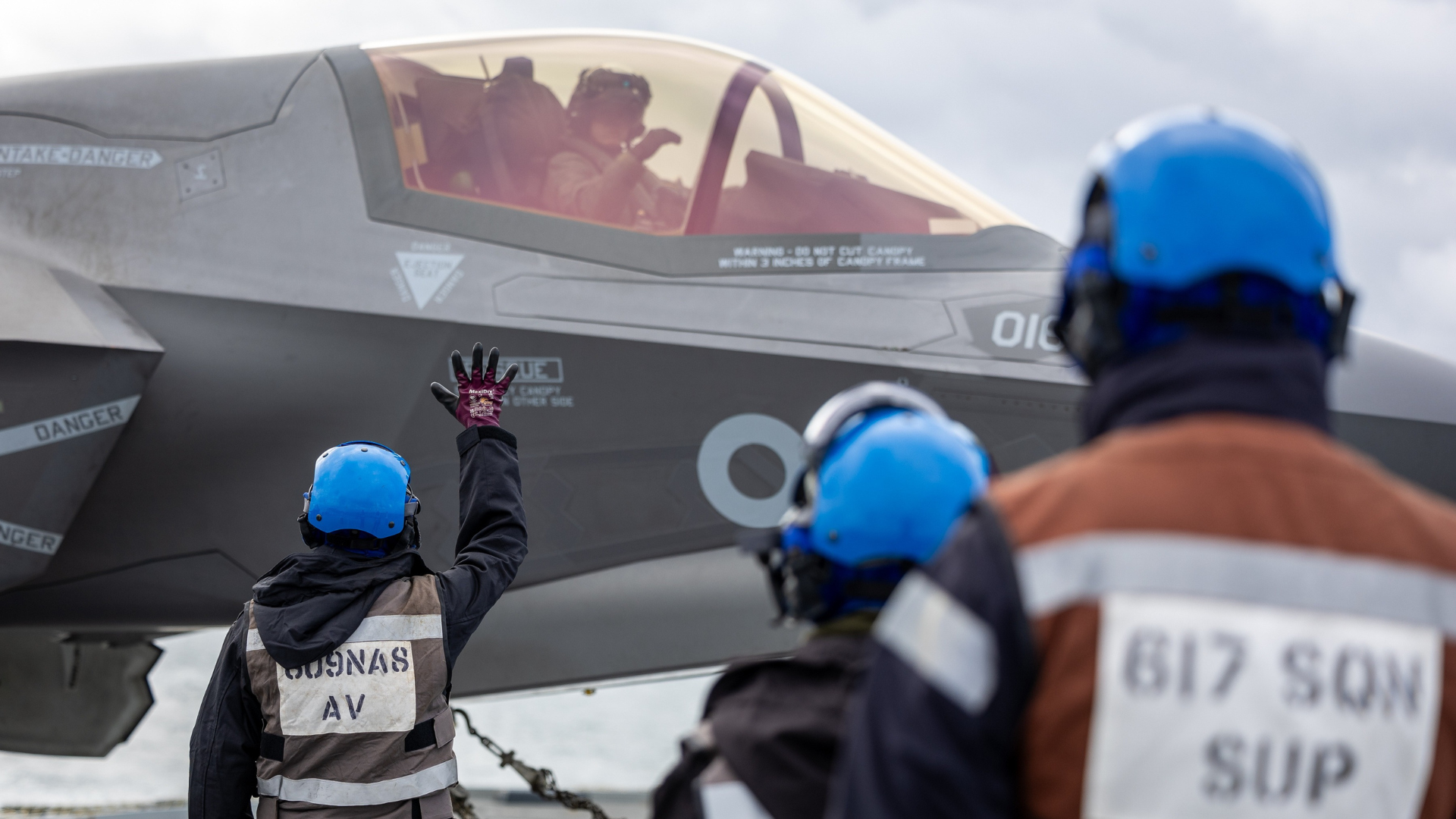
A few weeks ago, the Administrator of the Federal Aviation Administration (FAA), Michael P. Huerta, visited London to deliver a keynote speech to the Aviation Club of the UK. As an important figure in global aviation (due to the significant regulatory influence the FAA has across the world), his speech was focused on the changing nature of the aviation safety environment and how regulators must adapt effectively to such change.
However, the administrator also addressed Brexit, the potential impact if the UK left the European Aviation Safety Agency (EASA) structure, and what it meant for US-UK technical safety cooperation.
Specifically, he outlined that on leaving the EU, as the UK will not be an EU member state, it will no longer have status under the US-EU Bilateral Safety Agreement. The Administrator explained:
Why is this important? With limited exceptions, UK aviation products are currently certified by the European Safety Agency (EASA). And service providers, such as Maintenance, Repair and Overhaul facilities, are certified using EU regulation and EASA procedures.
If the U.K. does not maintain an associated or working arrangement with EASA upon exit from the EU, the UK will need to quickly re-establish competencies in specific areas, especially around the certification of new aviation products.
….I am confident that regulators on both sides of the Pond are committed to “minding the gap” and ensuring uninterrupted, seamless safety oversight and certification of products and services….
For ADS and its members, the administrator’s highlighting of the need for regulatory ‘continuity’, is a critical component to our post-Brexit global competitiveness. For a civil aerospace industry in which production rates are increasing between 5 and 8% year on year, UK businesses compete on their ability to comply effectively with important safety rules, and being able to deliver components and services on time and to high quality.
As we leave the EU, the UK will need to negotiate a new bilateral agreement with the US, in order to allow UK made products to fulfill safety requirements and be exported to our largest national market, post-Brexit. Fundamentally, the UK must have some form of safety oversight mechanism to ensure those UK products and components, as well as those UK business who offer maintenance services, are deemed safe by other global authorities.
However, such a task is made more difficult if the UK were not to be a member of EASA, as it will have to re-develop a variety of certification, airworthiness and validation competencies very quickly, and at a high cost to both industry and government, in order to fulfill only basic obligations.
The best way to achieve a new US-UK bilateral is to ensure it seeks to mirror that which is already in place between the EU and the US, and for the UK to continue to be an EASA member. The US-EU BASA ensures trust exists between US and EU authorities on the safety of each others products, services and processes. Indeed, the UK, as the largest Aerospace industry in Europe, has been at the very heart of designing and implementing the US-EU bilateral and continues to play a significant role in safety rulemaking overall (NB. The UK and France provide ⅔ of all the rule making input on European safety regulations).
For ADS members, retaining access to and influence in EASA is vital. Remaining a member of the agency and working to its regulatory framework is the most cost effective and practical solution to maintaining safety, accessing global markets and attracting global investment. With non-EU nations such as Switzerland able to negotiate both EASA membership and a bilateral agreement with the US which allocates EASA as the competent authority, there is precedent for the UK to continue to have vitally important regulatory influence and access and fulfill the wishes of the British people following last years’ referendum.
With the debate and discussion on Brexit now turning to what a transitional deal could look like, it is vital that the practical regulatory environment for a variety of sectors is dutifully considered – and that vitally important industries such as Aerospace are not impacted by a regulatory vacuum or potentially damaging ‘cliff edge’.





